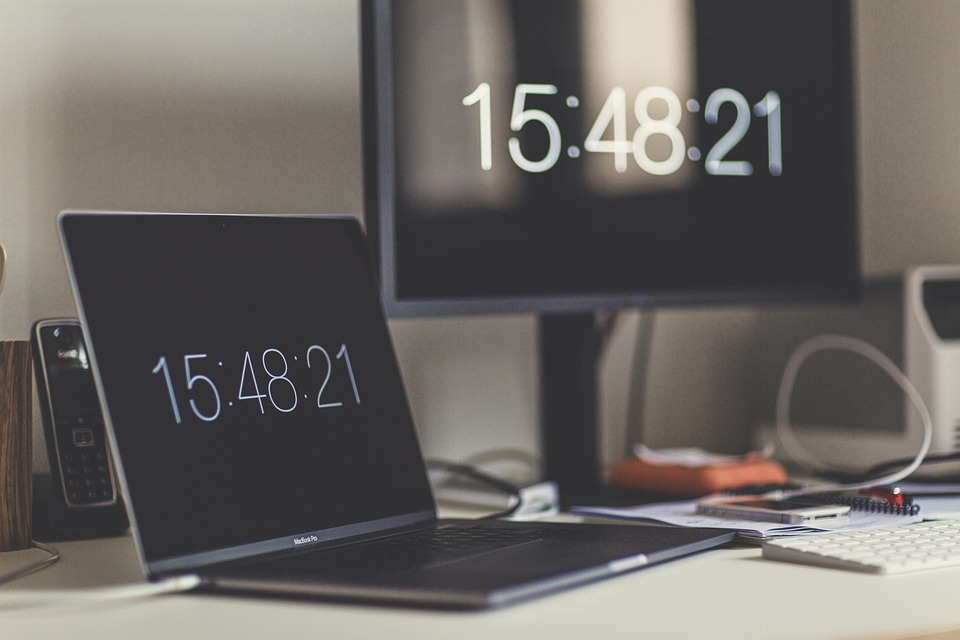Revolutionizing Web Design: How AI Generators Are Changing the Game
In the rapidly evolving digital landscape, web design has always been at the forefront of technological innovation. As businesses and individuals increasingly prioritize their online presence, the demand for efficient, effective, and aesthetically pleasing web design has skyrocketed. Enter AI generators, a revolutionary technology poised to transform the web design industry. By leveraging the capabilities of artificial intelligence, these tools are reshaping how websites are created, making the process more accessible, streamlined, and creative.
The Rise of AI in Web Design
AI technology has made significant strides in recent years, moving from the realm of theoretical research to practical applications across various industries. In web design, AI generators are harnessing machine learning algorithms and neural networks to mimic human creativity and decision-making processes. These tools can autonomously design websites or assist human designers by generating custom-made layouts, color schemes, and even content suggestions based on user preferences and industry trends.
One of the key advantages of AI-driven web design is speed. Traditional web design processes often involve lengthy discussions with designers, multiple drafts, and iterative changes. AI generators, however, can create fully functional website prototypes in a matter of minutes. This acceleration not only saves time but also reduces costs significantly, making professional web design services more accessible to small businesses and individual creators who may have been previously constrained by budget limitations.
Customization and Personalization at Scale
AI generators are not just about speed and efficiency; they offer a level of customization and personalization that was previously unattainable. By analyzing vast amounts of data, including user interactions and preferences, AI can tailor design elements that align with specific audience needs. This means that websites can be dynamically adjusted to offer different content, layouts, and interfaces depending on the user profile, creating a personalized experience for each visitor.
Moreover, AI-powered tools can analyze industry trends and competitor websites, providing data-driven insights that inform design decisions. This allows businesses to stay relevant and competitive in their digital marketing strategies.
Democratizing Web Design
Perhaps one of the most groundbreaking impacts of AI in web design is the democratization of the creation process. AI generators have leveled the playing field, enabling individuals without technical expertise or substantial resources to create high-quality, professional websites. Platforms powered by AI tools often feature intuitive interfaces that guide users through the design process, offering suggestions and automating complex tasks.
Small business owners, freelancers, or hobbyists can now build and manage their websites without the need to hire specialized designers or developers. This democratization not only empowers more people to establish an online presence but also fosters creativity and innovation, as diverse voices and perspectives find their place on the internet.
Challenges and Considerations
Despite its numerous advantages, the integration of AI into web design is not without challenges. Critics point to concerns over creativity, arguing that AI might lead to homogenization in design or stifle originality as more websites begin to look similar due to algorithmic suggestions. Additionally, ethical considerations around data privacy and security are paramount, given the vast amounts of user data AI systems rely on.
Furthermore, while AI tools are remarkably advanced, they are not infallible. Human oversight is essential to ensure that the designs generated align with brand values and ethical standards, which machines may not fully comprehend or prioritize.
The Future of Web Design with AI Generators
As AI technology continues to evolve, its role in web design is expected to grow even more significant. Future developments may see advanced AI systems capable of understanding nuanced design concepts or even predicting future trends with greater accuracy.
Incorporating AI into collaborative design environments, where humans and AI work together, may yield the best results, combining the creative intuition of designers with the analytical prowess of AI systems.
In conclusion, as AI generators continue to revolutionize web design, they are opening up new opportunities for creativity, efficiency, and inclusivity. By navigating the challenges and embracing the potential of AI, the web design industry stands on the brink of a new era, where innovation knows no bounds, and anyone can be a creator.


